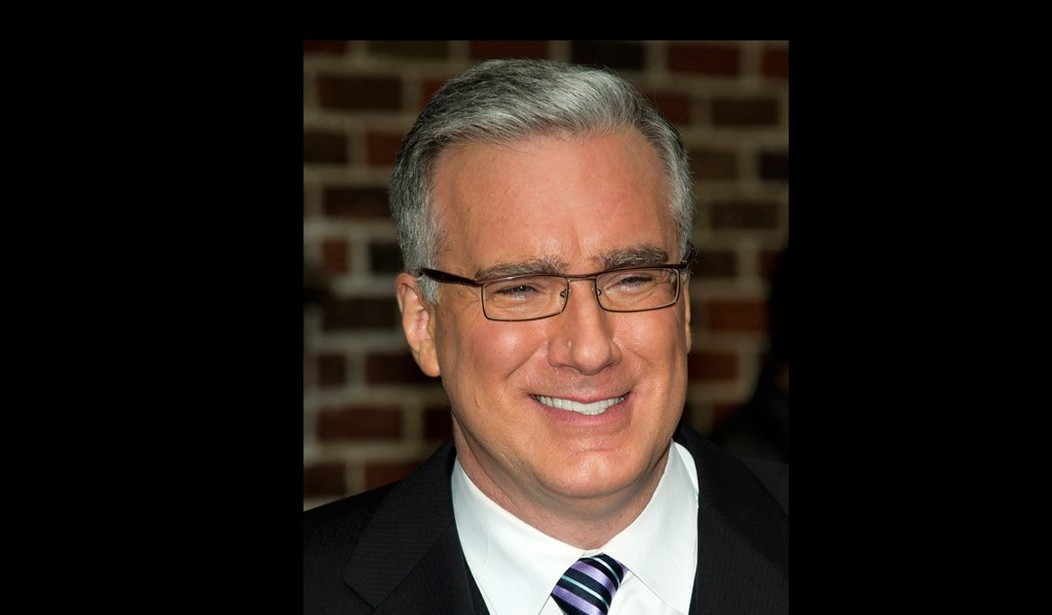If you have a knack for cutting hair, the state of Illinois says you must acquire a cosmetology license to work as a beautician if you will be cutting the hair of the general public.
To get a cosmetology license in Illinois, "you need to complete a cosmetology program at an approved school, pass state board exams (both written and practical), and then apply for the license with the Illinois Department of Financial and Professional Regulation (IDFPR)," according to the Cosmetology and Spa Academy.
At the school, you will learn how to cut hair, trim nails, and perform all other aspects of beauty shop employment.
You will also learn
- Anatomy
- Skin Structure
- Shampooing, Rinsing, and Conditioning
- Principles of Hair Design
- Haircutting
- Hairstyling
- Facial Makeup
- Manicures & Pedicures
- Salon Business and more
Earning a cosmetology license in Illinois costs between $16,000 and $18,000.
Average tuition and school fees: $16,061
Average cost of kit (tools of the trade): $1,711
Licensing fee: $30
Total average cost: $17,802
The average number of hours of learning at a cosmetology school is 1,500.
During a recent school year, around 61% of cosmetology students took out student loans, compared to 45% of students overall.
The average starting salary of a beautician is $16 an hour, or around $32,000 a year working full-time hours. Most beauticians do not work 40-hour weeks, and benefits are lousy.
Sue has been cutting my hair for 23 years. I used to get compliments on my hair from friends because Sue always nailed it. She could probably work at any salon in Illinois, except she doesn't have the credential that says she's a certified, licensed expert who jumped through hoops and paid a school a king's ransom to learn what she already knew.
"Credentialism" in all its forms holds the lower and middle classes back and prevents them from moving upward. Now, I wouldn't want to have an unlicensed surgeon perform brain surgery on me. But credentials have become a crutch and an "appeal to authority" that has been used by the establishment to silence dissent and short-circuit debate.
Recently, Keith Olbermann suggested that the University of Pennsylvania, Donald Trump's alma mater, take action to revoke the president's degree.
"You know what would've stopped Trump's blackmailing of these universities?"
"What could STILL stop it? If Penn retracted his degree. If Penn merely announced it was being "reviewed" because of problems in the admissions office."
Naturally, the Twitterverse had a field day.
Yeah, take his degree away so he’ll never be able to get a decent paying job in a cubicle. Good idea, Keith.
— Storm (@stormrobinson) August 8, 2025
This is true. The presidency is a job that requires a college degree, and Trump would hate to resign in disgrace for want of adequate credentials.
— Cristine Rice (@PstafarianPrice) August 9, 2025
Trump can be attacked because the experts gave him a low score on the democracy index. You can win an argument because you have experts to cite, and your opponent doesn’t.
At the heart of this role is the credential, which makes an expert somehow official. Of course, a credential is precisely what Olbermann suggested Penn should retract. The idea that some people and institutions have this quality of being official and others don’t is surely part of selective liberal meltdowns about fake news, misinformation, conspiracy theories, and conservative skepticism about the academy. The sensible and admirable concern that falsehoods and bullshit are easily spread is often unwieldy, since it gets us quickly into very difficult questions about how to figure out what’s true and what’s false, and how to convince others once we’ve convinced ourselves.
Credentials have their place. Some industries require expertise that can only be gained by schooling and/or study. A "credential" proving mastery, in some cases, is required for safety or public health.
However, you don't need a license to think for yourself. Being constantly bombarded by "expert opinion" numbs the mind. Why do experts disagree if there's only one answer to a problem? Discerning "truth" from the hodge-podge of opinion being passed off as "fact" is a necessity in the modern world.










